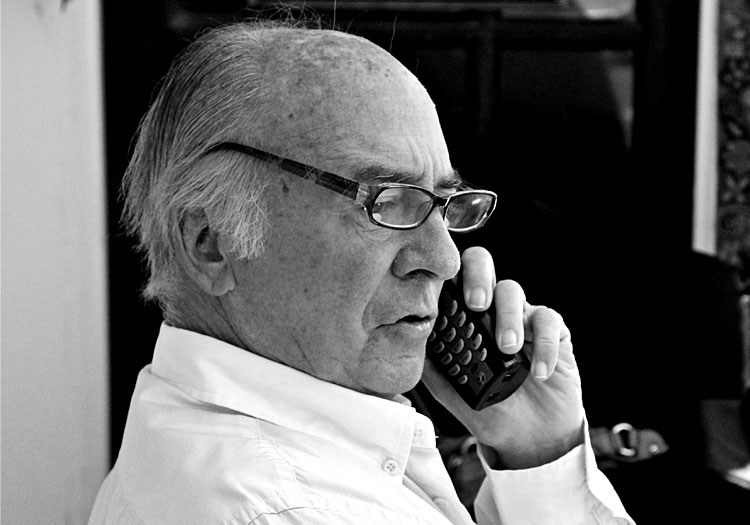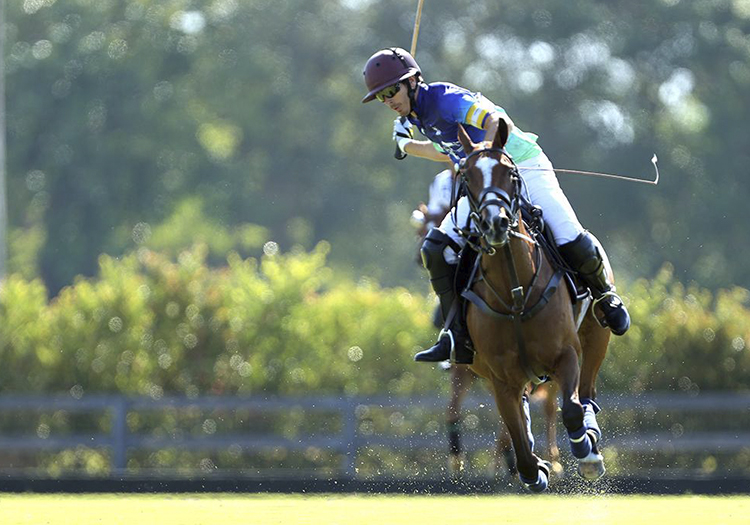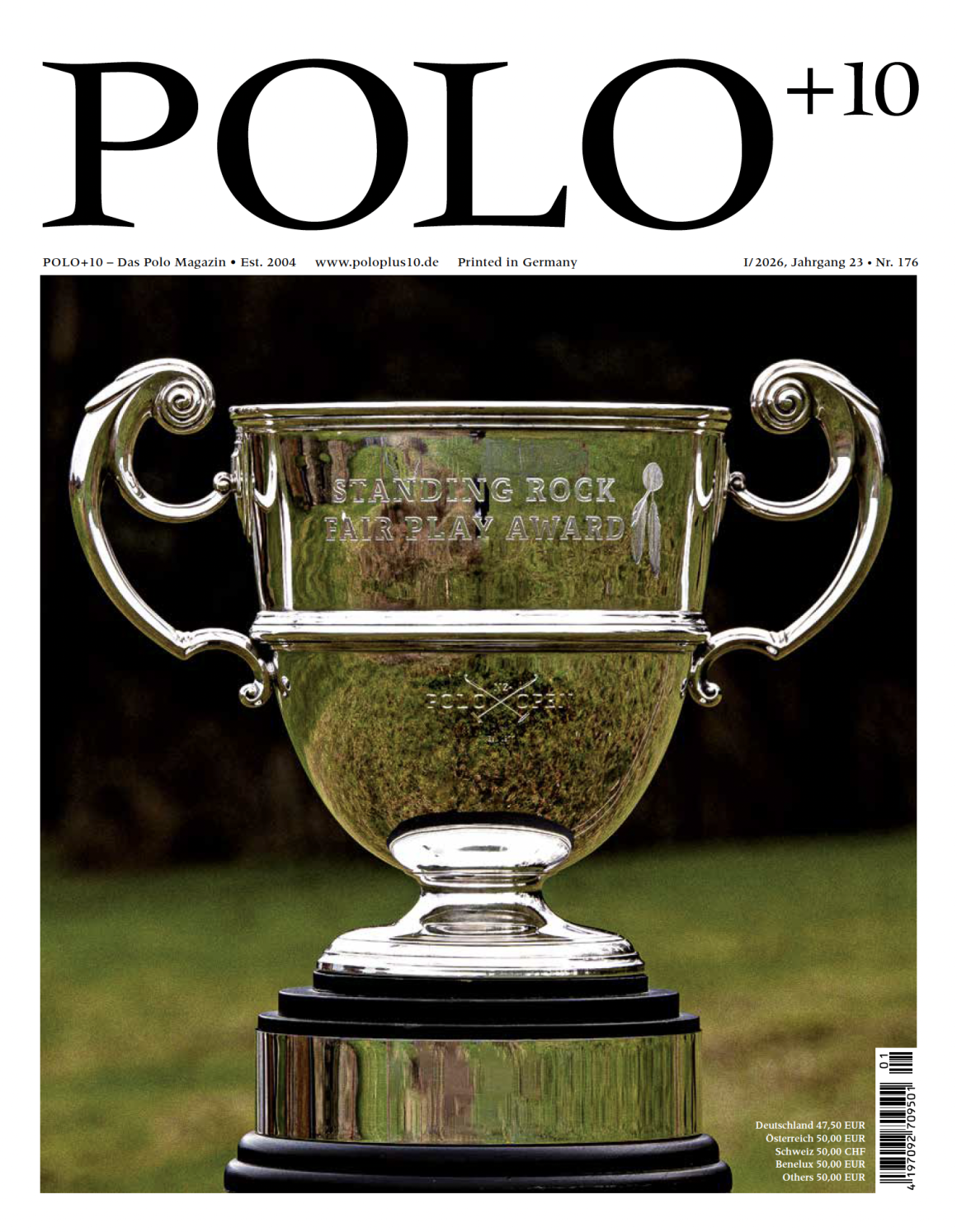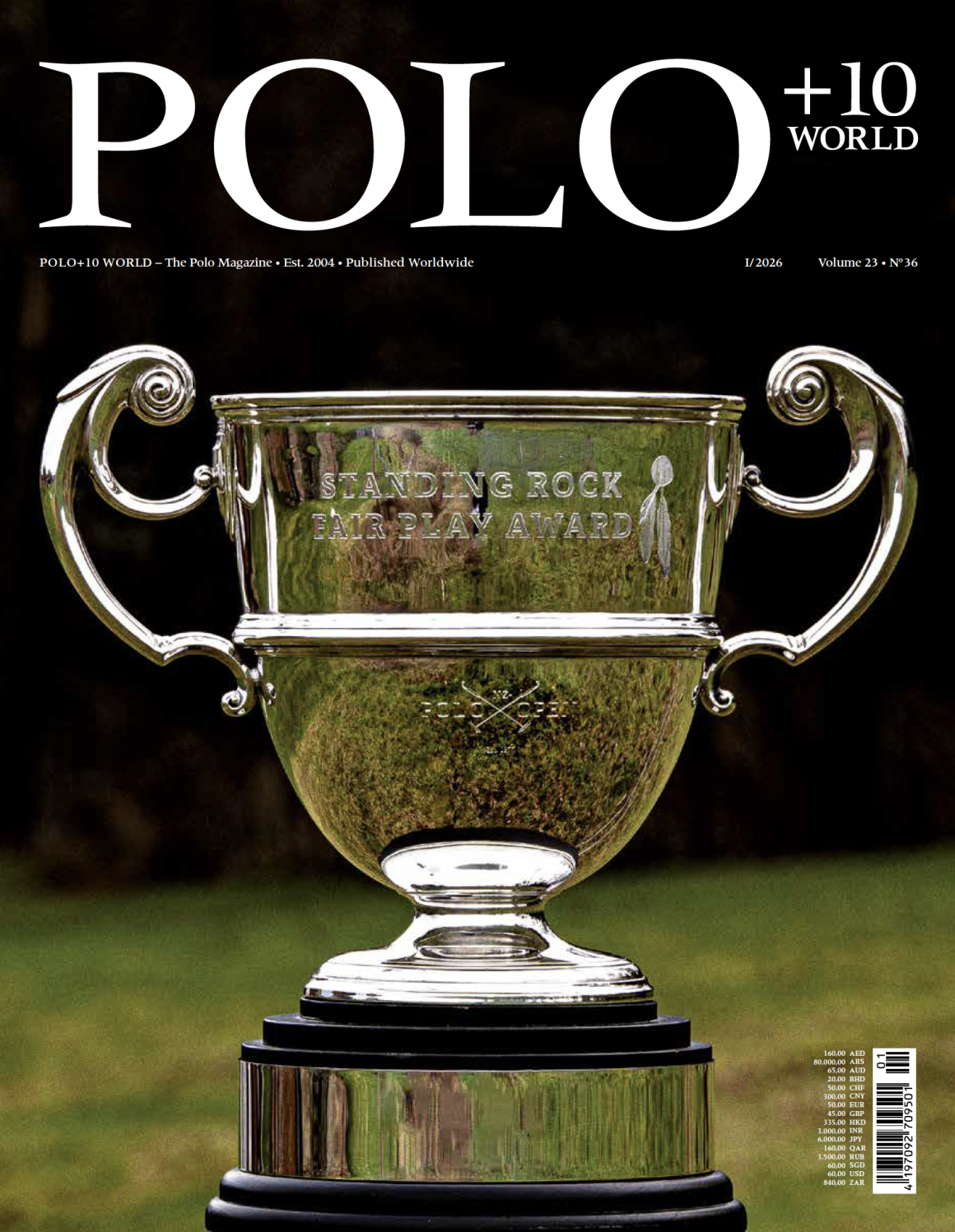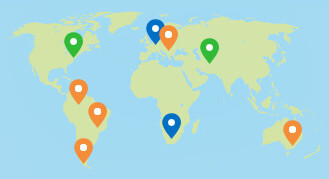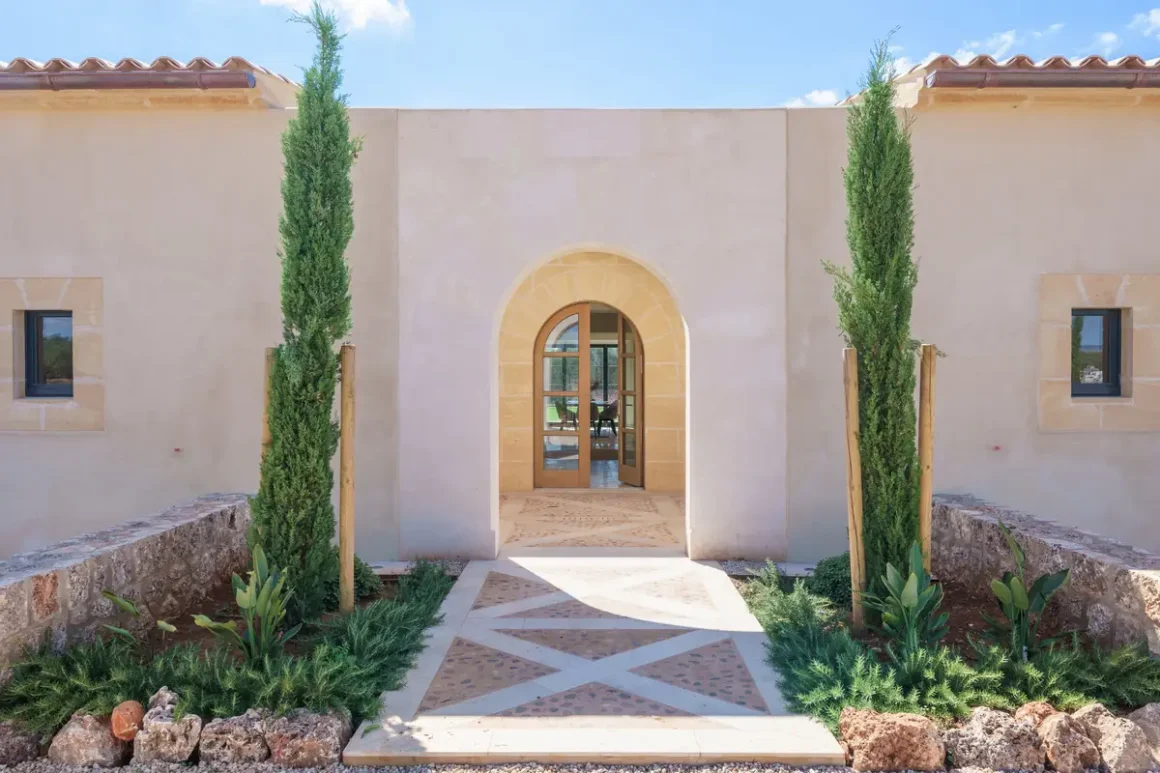- 9. April 2021
April 9, 2021
- 9. April 2021
All articles loaded
No more articles to load
CURRENT ISSUE
CURRENT ISSUE
POLO+10 PLAYERS LIST
For players only: The biggest players data base in the world. Subscribe now and receive invitations to polo tournaments all over the world.
- Registration POLO+10 players data base
+10 WORLD: POLO CLUBS & TOURNAMENTS
POLO+10 REAL ESTATE
- 6 June 2024
- 10 November 2023
POLO+10 PUBLISHES YOUR TOURNAMENT MAGAZINE!
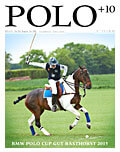
Would you like to have your own magazine for your tournament?
Feel free to contact us!
POLO+10 produces your tournament magazine.
Please write to
hello[at]twa.ag


